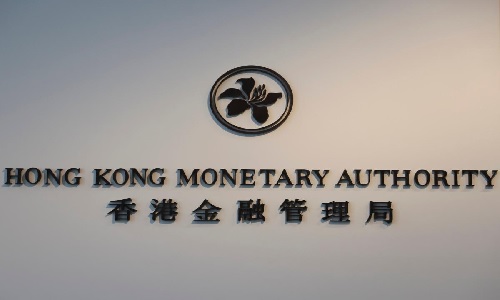The Hong Kong Monetary Authority (HKMA) has initiated a groundbreaking wholesale central bank digital currency (wCBDC) pilot, marking one of the world’s initial platforms for tokenized deposits, assets, and central bank money. In a press conference, Howard Lee, the HKMA’s deputy chief executive, unveiled “Project Ensemble,” an ambitious undertaking focused on testing an ecosystem that includes digital deposits, financial products leveraging distributed ledger technology, and central bank money for settlement purposes.
Creating an Interoperable Platform
The primary objective of Project Ensemble is to establish an interoperable platform capable of collaborating with systems developed by other central banks. This initiative aims to enhance efficiency, transparency, and inclusion for individuals and businesses within monetary and financial systems globally. Lee expressed the aspiration for Project Ensemble to work seamlessly, akin to a harmonious musical composition.
Hong Kong’s Ongoing Digital Currency Exploration
Hong Kong has been a trailblazer in exploring various forms of digital currency. The HKMA has been actively testing a retail version of its CBDC, named the e-HKD, since May, with 16 test cases. Additionally, there’s a legislative proposal awaiting public feedback, suggesting the sale of stablecoin to retail investors.
A sandbox is set to be established, offering a closed loop for select participants to test innovations from concepts to trading and settlement. This sandbox is anticipated to launch formally by June, according to Lee. An “architecture community” will also be formed to develop common standards for this evolving digital landscape.
Key Participants and Industry Stakeholders
Several prominent entities have already announced their participation in the wCBDC project. Hashkey Group, a licensed cryptocurrency exchange in Hong Kong, stands as an early participant, along with Ant Group’s Digital Technologies unit, HSBC, and its subsidiary Hang Seng Bank. Luanne Lim, CEO of HSBC Hong Kong, expressed the joint commitment to building the foundation for Hong Kong to become a next-generation international hub for tokenized deposits and assets.
Use Cases for wCBDC Implementation
The wCBDC pilot introduces various use cases to address current challenges in payment systems. Notable examples include the creation of tokenized electronic bills of lading, utilizing blockchains for real-time and reliable cargo data to enhance efficiency and reduce fraud risks. Another potential application lies in investments in tokenized electric vehicle charging stations, fragmented into bite-size tokens for broader appeal.
Positive Findings and Future Implications
Nancy Cheng, principal of strategic planning and corporate development at Hang Seng Bank, highlighted positive findings from the test use of tokenized deposits. She emphasized that CBDC offers the prospect of atomic settlement, facilitating instant payment settlement with higher efficiency and improved liquidity management. Additionally, tokenized deposits ensure privacy, settling transactions on the blockchain without revealing user information.
According to a 2022 report by consulting firm BCG and digital securities exchange ADDX, tokenized assets are projected to reach $16 trillion by 2030, constituting 10% of global GDP. Eddie Yue Wai-man, the HKMA’s CEO, affirmed that “Project Ensemble” aligns with Hong Kong’s tradition of championing innovation and international collaboration, providing fresh momentum to the financial industry and reinforcing its leading position in tokenized money and assets.
